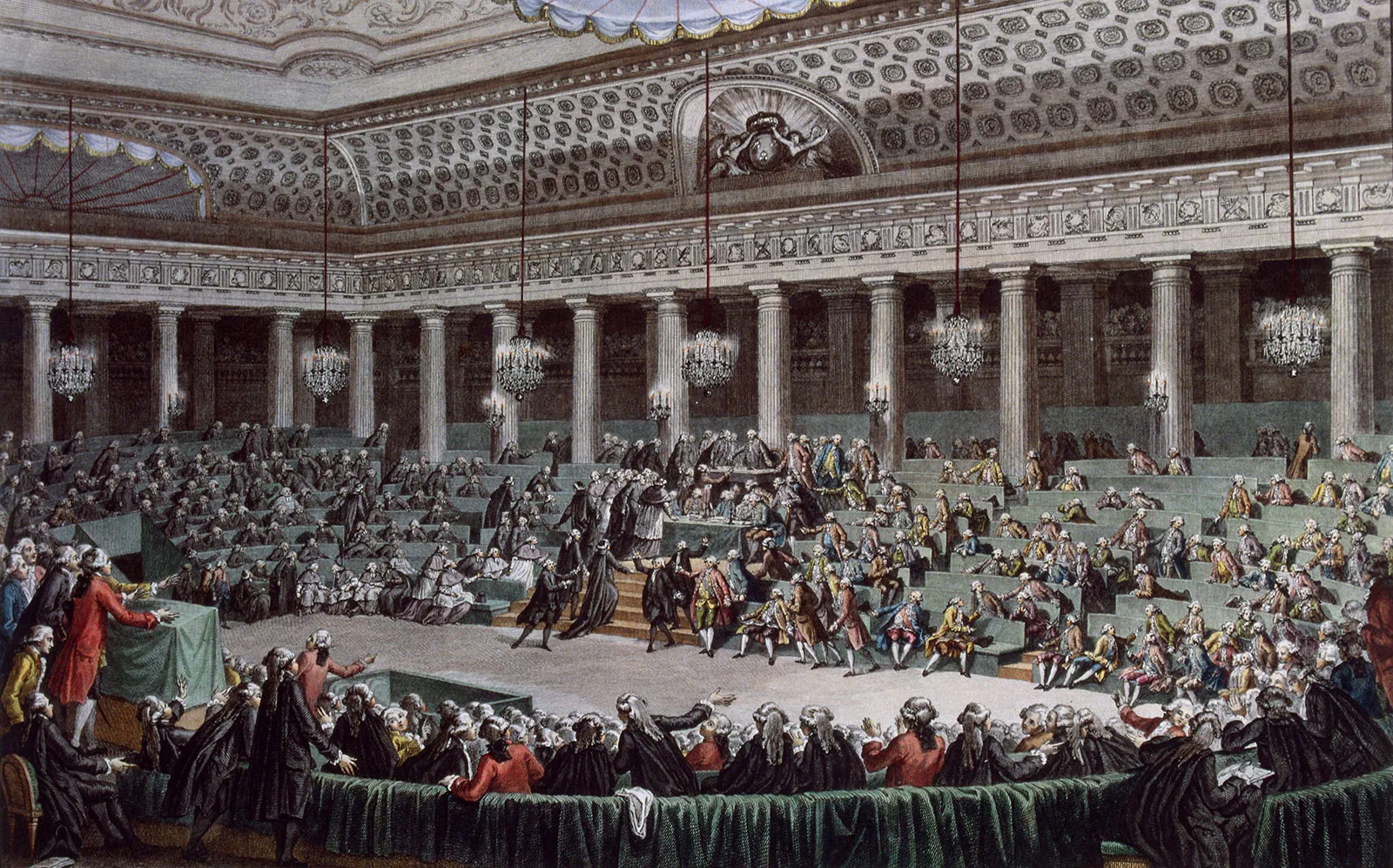


Misconceptions abound regarding exactly what a Democrat is. No, we aren’t radical, far-left, or insane. Instead, if you’ll only hear us out, we believe you will find our beliefs quite reasonable. We are the Democrat Club at Hesperia High School and are interested in dispelling myths that would portray us in a poor light.
Before we go any further, a history lesson is necessary. The left-right political spectrum originated in the French Revolution, when the monarchists sat on the right side of the president and the supporters of the revolution sat on his left side. What originated as a description of where a politician would sit in the hall soon became a descriptor of their political affiliation. Those on the left were generally for social progress and a more horizontal political system. Those on the right were for tradition and a more hierarchical political system. As time went on, these terms became so cemented into the language that you’ll struggle to find a country that doesn’t use them. Even then, these terms have evolved from their original context in 1800s France.

With the development of capitalism, left and right gained a new dimension of meaning: the economy. The left wing now stood for economic equality, and the right wing stood for economic hierarchy. Take Marxism, for example, the left-wing method of political analysis that inspired communist movements throughout the world. Its analysis of society was class-based and sought to abolish classes, a radical form of economic equality. Meanwhile, on the right, support for class and wealth distinctions was most fervent in the right-most extreme, fascism. Fascism saw class as well but took a different attitude toward it, advocating for an economic, and even social, hierarchy wherein different ranks had their distinct roles to play.

The Democratic Party has never been so extreme as either Marxism or Fascism, but takes a more moderate position. In its modern form, the Democratic Party is left-wing in the context of American politics. This means that we argue for a more horizontal or equal political, social, and economic system, where people on the margins of society are pulled into the mainstream, ensuring that they are given equal treatment with the rest of the population. This is why many Democrats will advocate for DEI programs: to pull the marginalized into the mainstream to share benefits, not to give exclusive privileges to certain groups in society. This is also why Democrats and those on the left have a more favorable and progressive view of the LGBTQ+ community: because they see the difference in power, resources, and societal recognition between them and other citizens as being far too wide.
Democrats stand for more than the marginalized, they stand for you as well. Firstly, bringing the marginalized into the mainstream allows them to contribute to society, and ultimately you, in more meaningful ways. Secondly, and perhaps more importantly to the average citizen, Democrats advocate for economic reform. Democrats believe that the government has a role in the economy and ought to interfere, whether it be by environmental and food regulations, progressive tax rates, wealth redistribution, tax benefits, or a stricter leash on the rich. All of these policies will benefit you and your community by reducing poverty, sickness, and the monetary strain on the average citizen.
So, if you stand for equality and a fair chance for all, vote for the Democrats.
Historical analysis can be informative, but it might not exactly be moving. So we asked members of our club to give personal accounts of what being a Democrat means to them!
“For me, being a democrat, although there are issues within the political party and it’s representatives at times, essentially means believing that basic rights, especially those that involve your own control over your life and body, are not elective or optional, but rather non-negotiable and birthright. Although all parties have significant issues, just as each side of every coin has blemishes, the Democratic Party essentially stands for protecting and advancing the safety, rights, and moral values of the people; therefore it means to be supportive and openminded to all, even those you oppose.” - Anonymous
“Being a Democrat means many different things to many different people. I see it as a compromise between my political beliefs and what is feasible to accomplish through the systems that exist in reality. But it’s more than this as well. I admit that despite my disagreement with the Democratic party on certain issues, I feel a sense of pride at being called a Democrat. For me, to be a Democrat is to be a part of a community of like-minded, diverse individuals who work together for a future where kindness becomes a guiding political principle.” - Anonymous